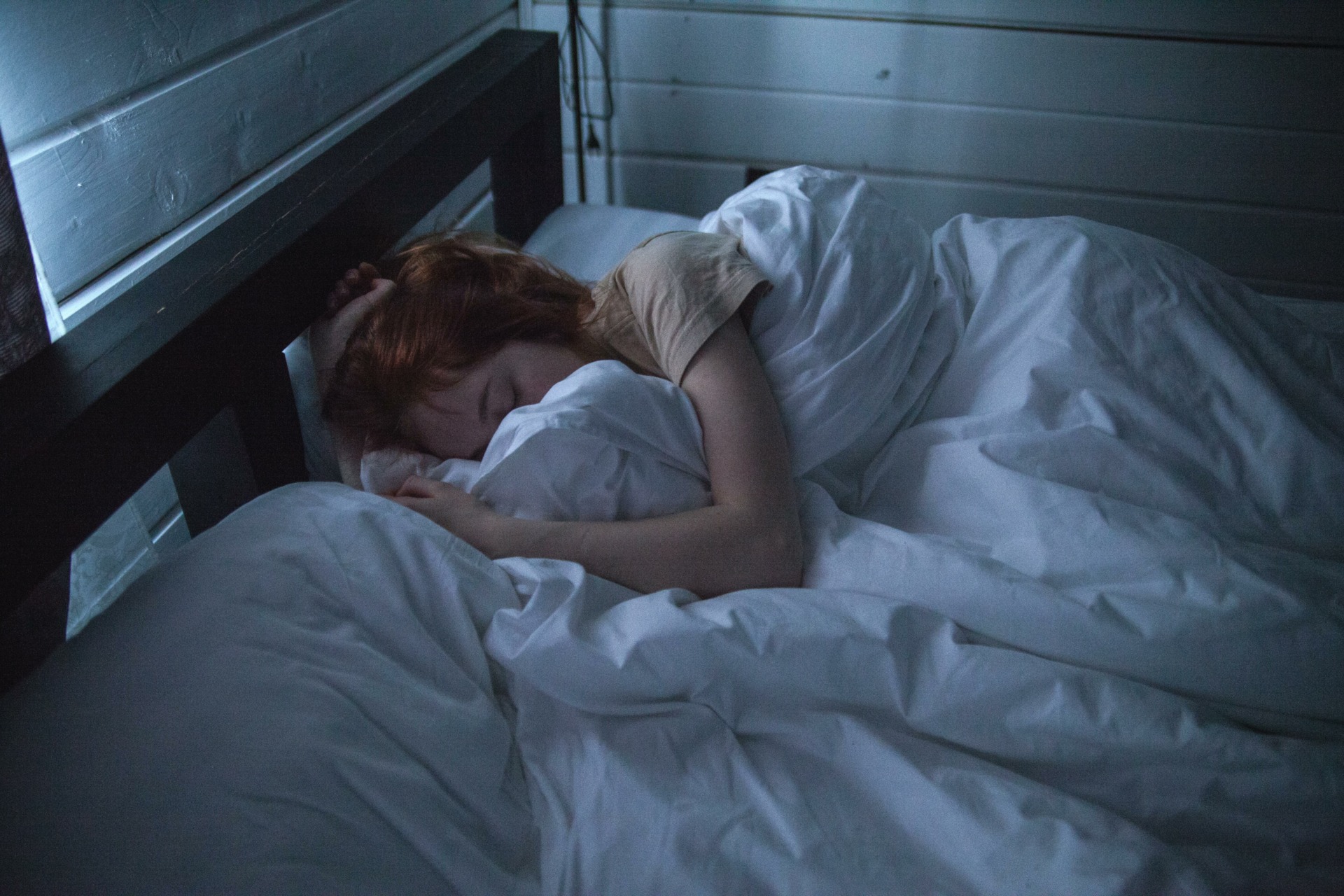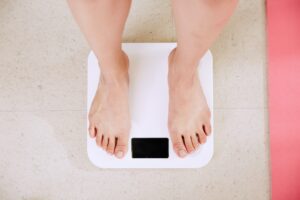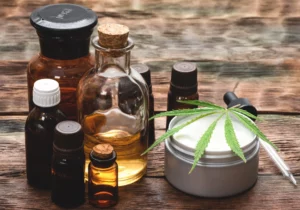What is Sleep Apnea?
Sleep apnea is a condition that causes people to have pauses and shallow breaths while they are sleeping. These pauses can last anywhere from a few seconds to a minute or more. 12 million Americans suffer from sleep apnea and cases can range from mild to severe. Sleep apnea is a chronic condition which leads to poor sleep and other longer term health problems, such as serious heart conditions and high blood pressure. People with sleep apnea are also at higher risk of developing Type 2 Diabetes and metabolic disorders. Lastly, sleep apnea left untreated can make restorative sleep impossible, so most people with sleep apnea experience daytime fatigue, drowsiness and irritability.
The current treatment protocol for sleep apnea is surgery or a CPAP machine. A CPAP machine, also known as a continuous positive airway pressure machine, is a face mask that is used to regulate breathing and reduce breathing pauses. The CPAP machine is effective when used nightly, but it is also bulky, somewhat uncomfortable and often leaves facial imprints.
Can Cannabis Help?
A 2002 study at the University of Illinois showed that cannabis has the potential to help patients with sleep apnea. The study used animal models of sleep apnea and tested the effects of various cannabinoids on breathing during sleep. The study found that THC and oleamide, two cannabinoids found in marijuana, were able to stabilize respiration during all stages of sleep.
Synthetic Cannabinoids Reduce Symptoms
Dronabinol, a synthetic cannabinoid which is typically used to treat nausea associated with chemotherapy, might be the next step for helping people with sleep apnea. Dronabinol has already been approved by the FDA once, but it would need to be approved once more to be able to be prescribed for sleep apnea. Dronabinol has been shown to help open up the airways, allowing for better airflow and decreased sleep apnea.
A 2013 human trial showed the efficacy of Dronabinol for sleep apnea. Seventeen subjects were monitored over a three week period and participants were given varying doses (either 2.5, 5, or 10 mg) of Dronabinol before they went to sleep. The subjects were then monitored to see how Dronabinol effected their sleep apnea. Subjects in the study experienced a 32% overall reduction in sleep apnea. Though this is not as high of a reduction in sleep apnea as is experienced with a CPAP machine, researchers concluded that higher doses are more likely to produce even more positive results.
Another clinical trial is currently being conducted by Respine Rx Pharmaceuticals, formerly known as Cortex Pharmaceuticals Inc. The trial is in its second phase of testing the results that Dronabinol has on sleep apnea. The first study that Respine Rx Pharmaceuticals conducted had a positive outcome, so this test is being conducted to hopefully reinforce their previous findings. The study currently being conducted includes 120 patients and is a placebo controlled clinical trial. The trial is expected to be completed by the end of the year, hopefully putting an FDA approved medication on the shelf by 2017. Though these studies are being conducted with synthetic cannabinoids, we can see that they are consistent with previous findings using natural marijuana. Patients who dislike using CPAP machines or are looking for an alternative in helping decreasing their sleep apnea symptoms could find relief by using medical cannabis.
Do you have questions about this article? Ask a question in HelloMD’s new Answers feature. A doctor or member of our community will answer.
If you are new to cannabis and want to learn more, take a look at our Cannabis 101 post. HelloMD can help you get your medical marijuana recommendation; it’s 100% online, private and efficient.






